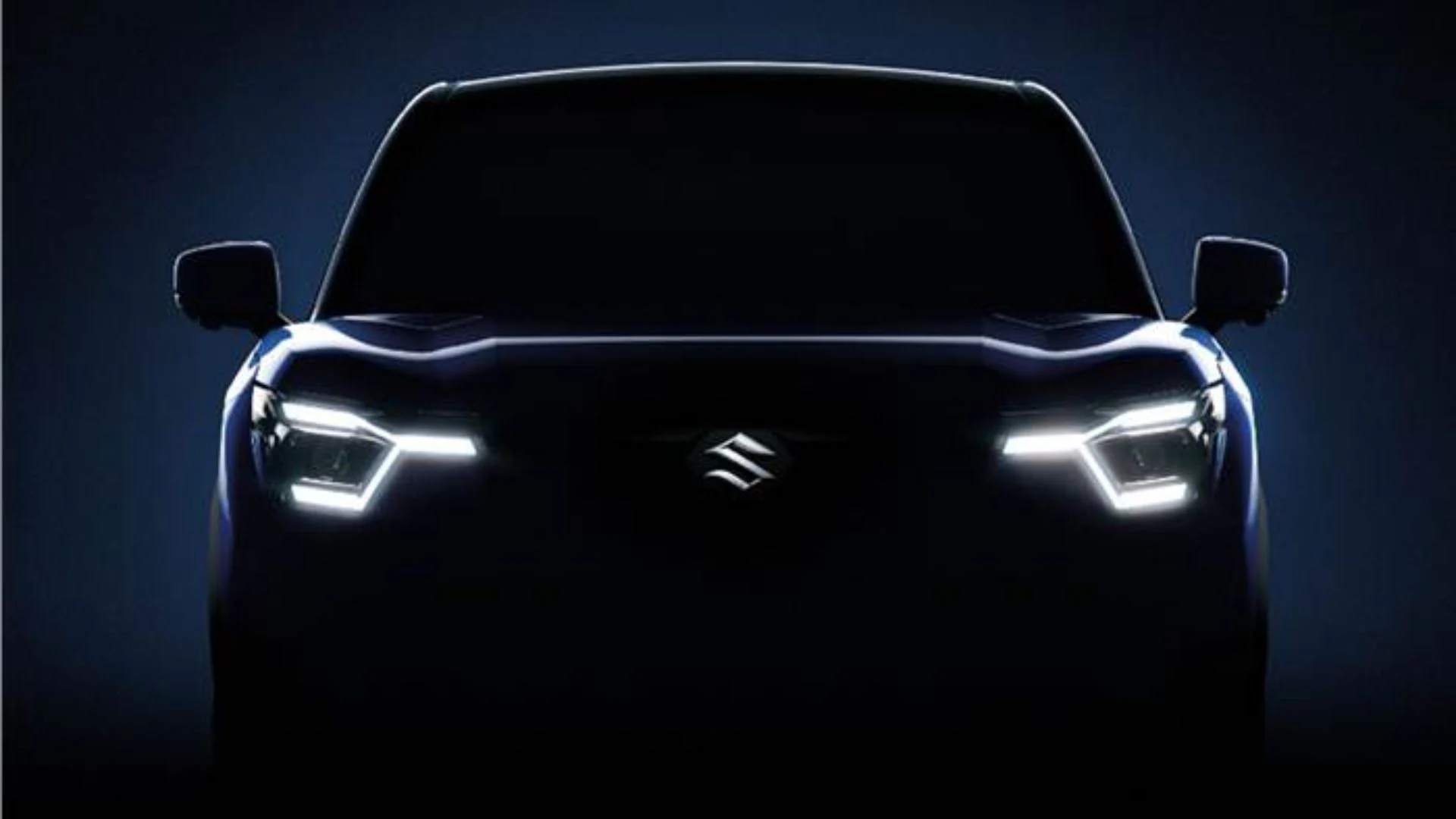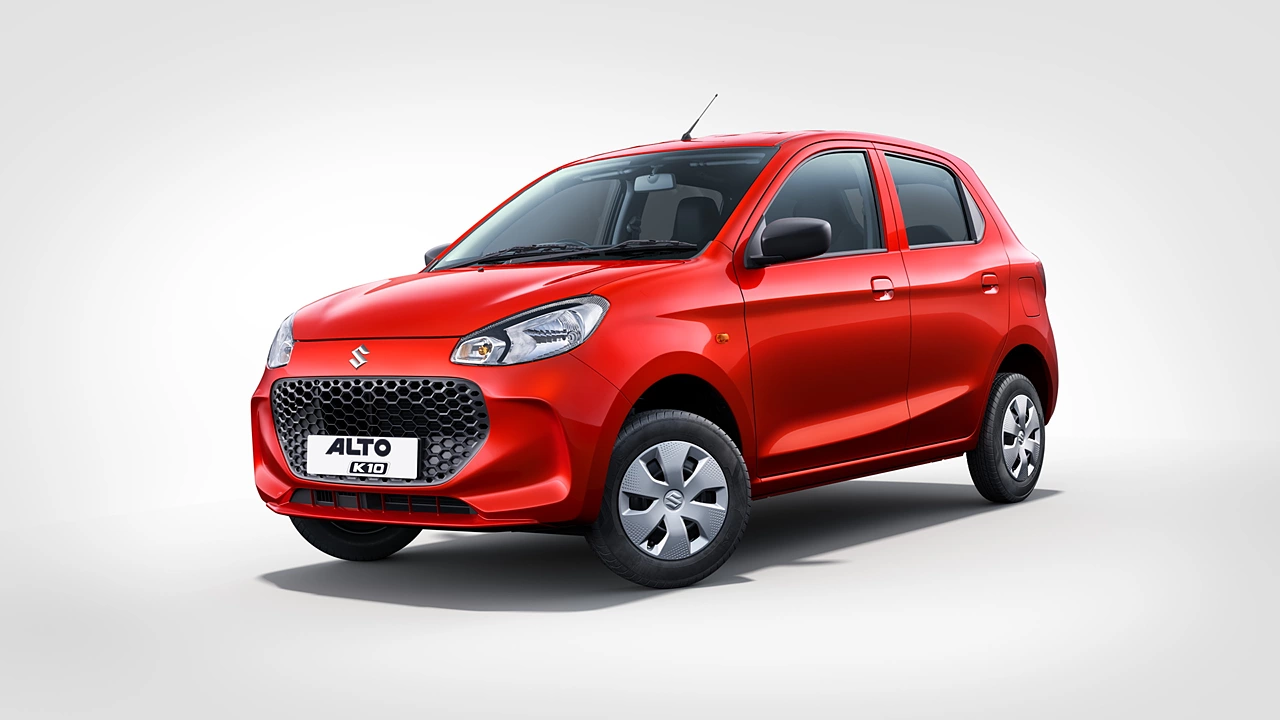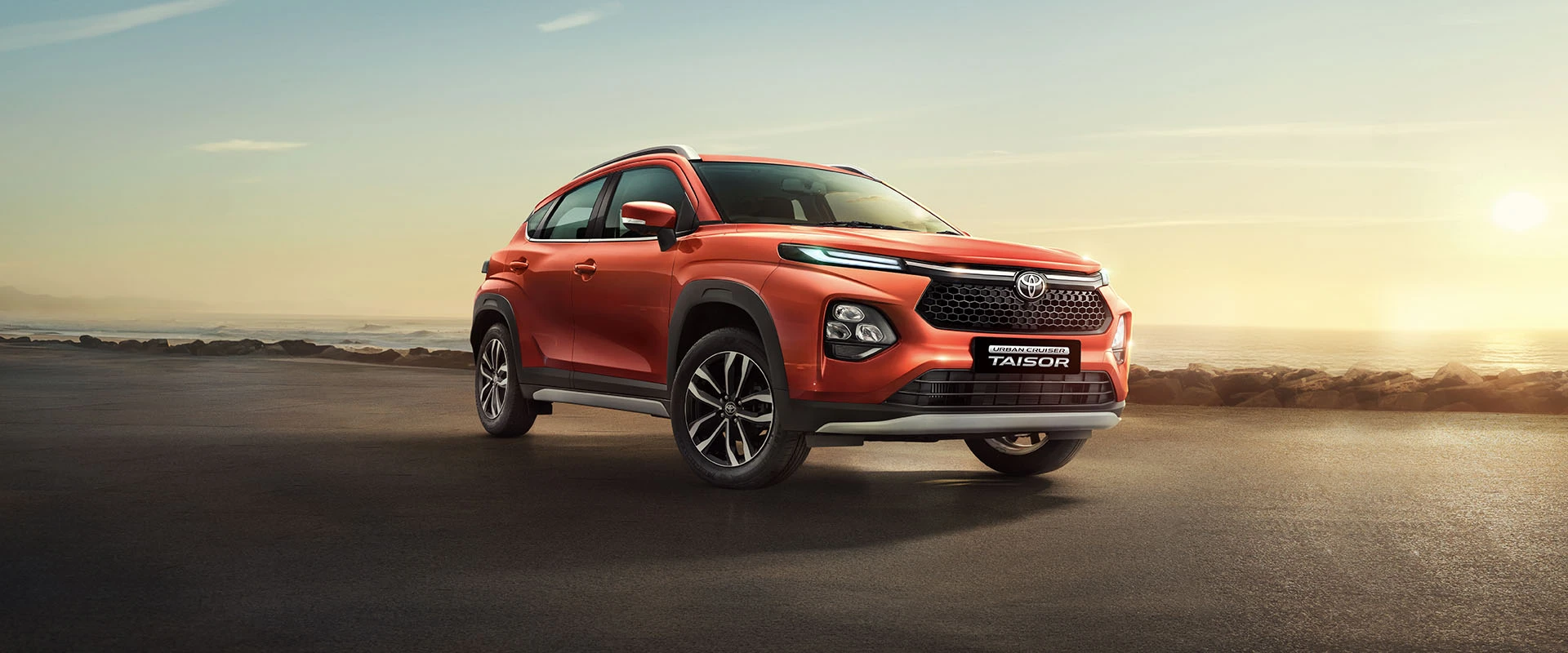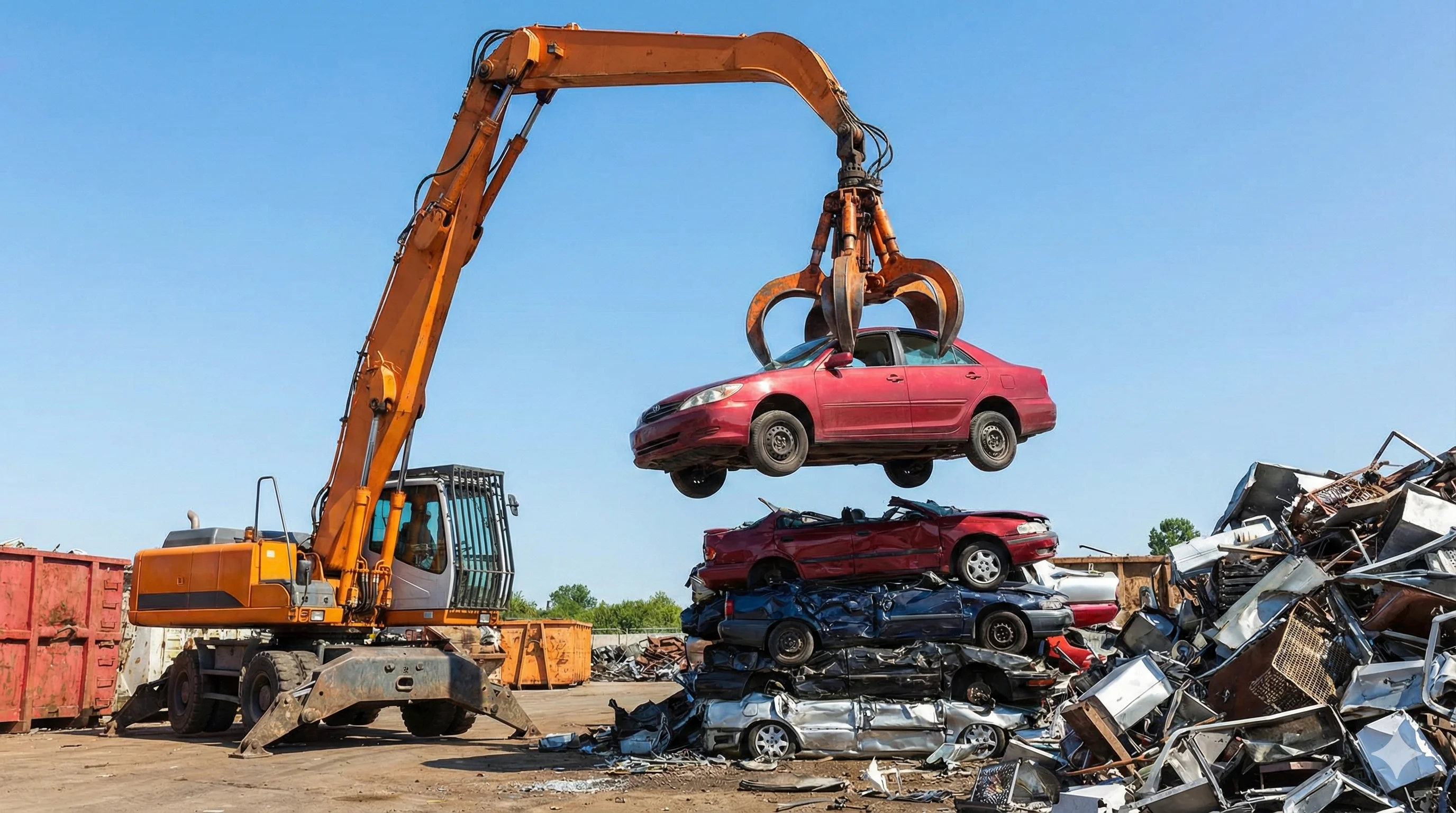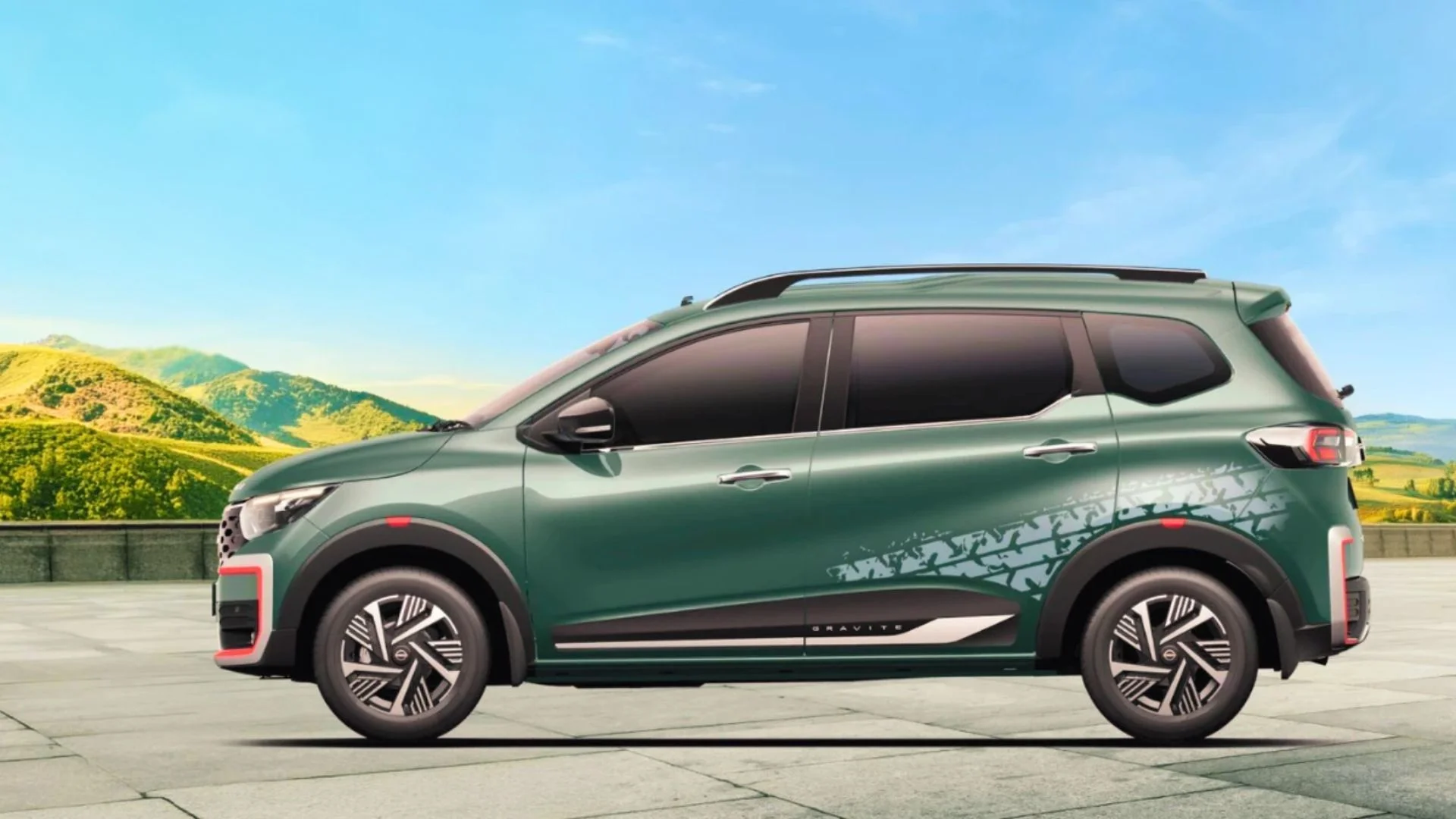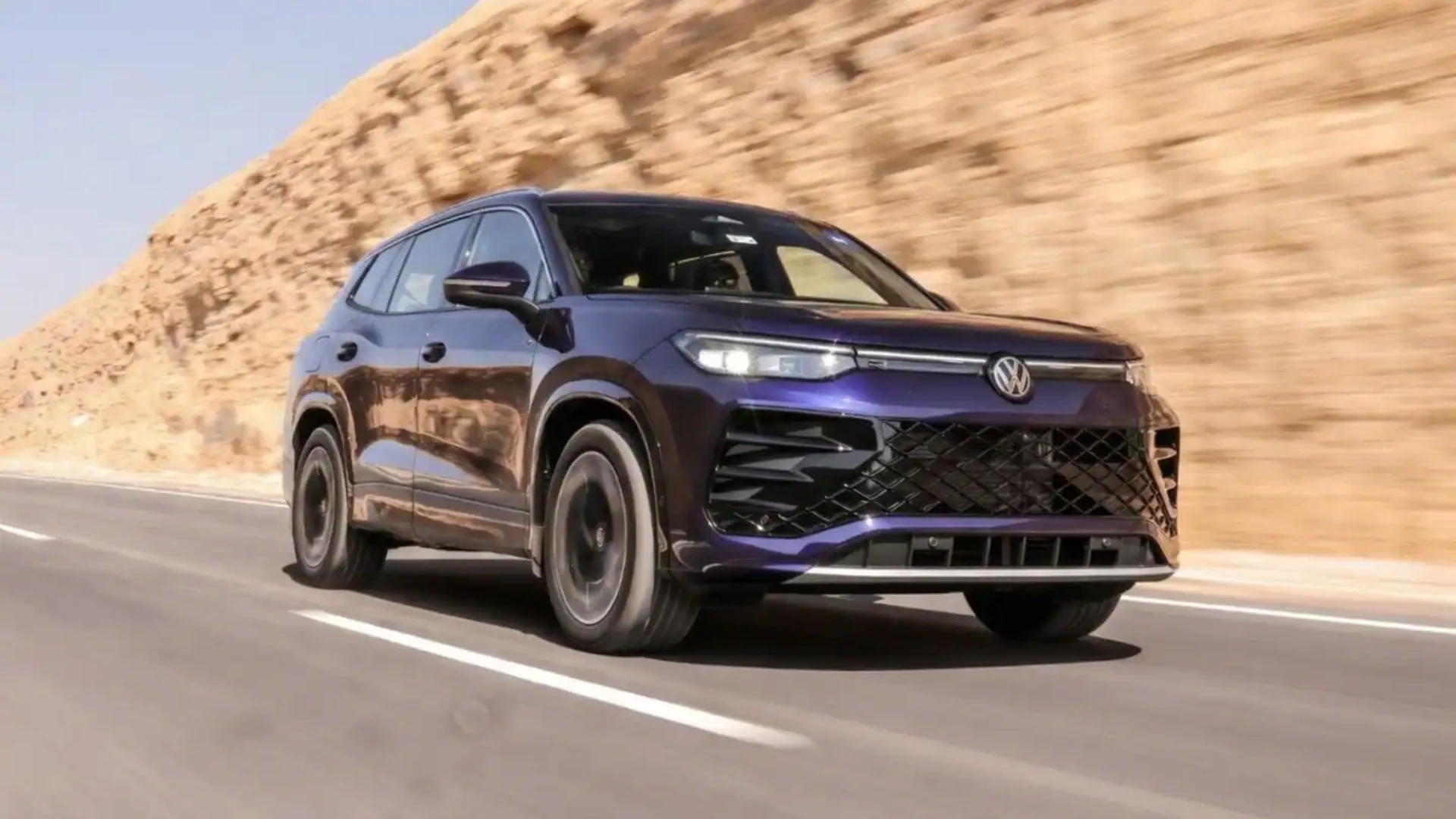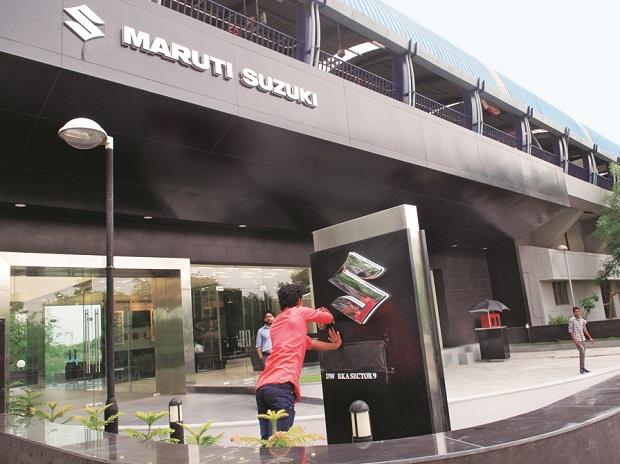
Table of Content
▼Maruti Suzuki is working on a mode
diesel engines that will be linked to the next generation of compact SUVs in an effort to maintain its grip on the Indian market even as it prepares to bring electric cars in 2020.
Passenger car pioneer Maruti Suzuki India (Maruti) will not allow its dominance to dissipate easily and is working on a range of new BS-VI compliant diesel engines to keep market share intact, according to multiple sources. This conflicts with the company's previous plan to completely abandon the diesel car after the BS-VI, which prompted a similar decision from several other automakers in the country. However, a senior company executive recently indicated that it can still consider big diesel cars.
It leaves little to be desired, as you cannot afford to lose a large portion of sales to the competition without a fight. Maruti Suzuki is the biggest in diesel and she is rethinking her strategy
Diesel cars have seen a decline over the past few years as the price gap begins to narrow with petrol, but Maruti has had a slight drop compared to its competitors. About 20% of its sales come from diesel, which equates to 4,000 units per year.
With the huge volumes coming from its diesel portfolio that includes Baleno, Swift, Brezza, and S-Cross the current 1.3-liter diesel engine is set for phasing out in March 2020.
However, gauging customer reaction, for the 4,000 cubic meters of diesel volume, its president, RC Bhargava, said that diesel will not be part of the company's portfolio after the fiscal year 2020.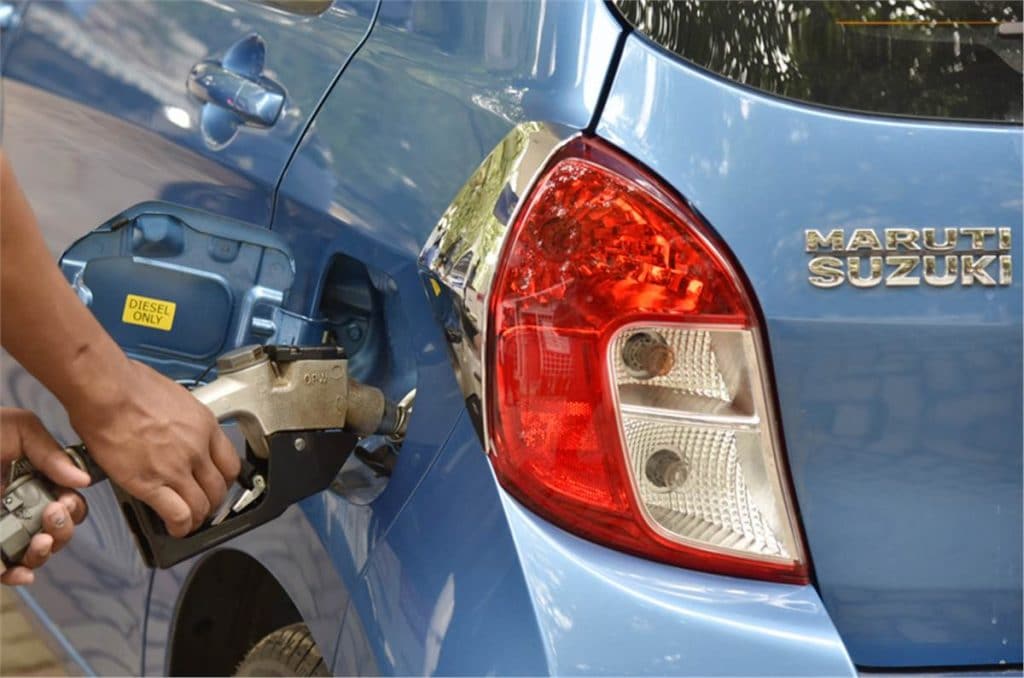
Now, given the emerging new marketing scenario, the company is not diluting its strategy on this fuel. Most of its competitors, especially South Korea's Hyundai and upcoming Kia, the fourth largest monthly sales, are migrating their portfolio of diesel to the BS-VI system. The same goes for other automakers such as Volkswagen, Honda, and Ford.
“He leaves little to be desired, as he cannot afford to lose a large portion of sales to compete without a fight.” One industry veteran said, “Maruti Suzuki is the biggest in diesel and he's changing strategy.”
Maruti Suzuki still enjoyed a 50 percent market share in the passenger car segment, aided by diesel volumes that stabilized at 20 percent of its cumulative sales, especially in pure diesel models such as the Brezza and S-cross SUVs that do not yet have a petrol type. While all models will run on petrol in February 2020, a new diesel mill is expected to appear in the latter part of the year.
Category-wise cumulative domestic sales
| Segment/Subsegment |
April-November (2018-19) |
April-November (2019-20) |
| % of Diesel Cars in Total Cars | 20 | 14 |
| % of Petrol Cars in Total Cars |
80 | 86 |
| % of Diesel UVs in Total UVs | 84 | 69 |
| % of Petrol UVs in Total UVs | 16 | 31 |
| % of Diesel Vans in Total Vans | 18 | 12 |
| % of Petrol Vans in Total Vans | 82 | 88 |
| % of Diesel PVs in Total PVs | 37 | 33 |
| % of Petrol PVs in Total PVs | 63 | 67 |
According to sources, Maruti has an option to fit the existing 1.5-liter diesel engine, but this old one may not be compatible with some of the current models. "It is working on the next generation of diesel that will launch its new models and reach the market in time," says an industry source.
The company has not responded to the speculation, although top executives have officially said that the diesel strategy will be revised based on customer reaction. Diesel BS-VI technology will make these vehicles more expensive than petrol competitors and the difference will be 20-25 percent in terms of showroom prices.
It is working on the next generation of diesel that will release its new models to the market at the right time.
Maruti Suzuki’s strategy to re-enter the diesel space will alter the market’s fuel mix matrix. Diesel is down to 14% in cars, the 2005 level, and 33% for the passenger car segment, including pickups and SUVs. Even for primarily diesel SUVs, there has been a 15% drop in sales to a decade-long low of 69 percent in the 2020 fiscal year.
Maruti will also add electric cars to its portfolio in 2020 when it launches WagonR electrics to take advantage of a switch to electric cars that not only attract a Goods and Services Tax (GST) tax on cars but also have a cost of ownership of a fifth fossil fuel compounds.
READ MORE: Volkswagen pits the world’s largest vehicle against Tesla
Neha Mehlawat
Neha Mehlawat is an automotive journalist and industry analyst with 10+ years of experience covering cars, bikes, and mobility trends. She tracks the latest launches, technology upgrades, and policy changes in the auto sector, delivering sharp insights that help readers stay ahead in the fast-evolving world of automobiles.
